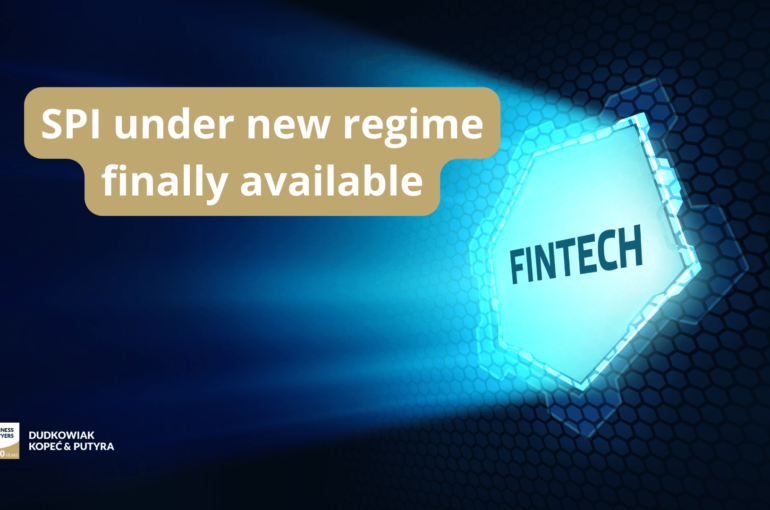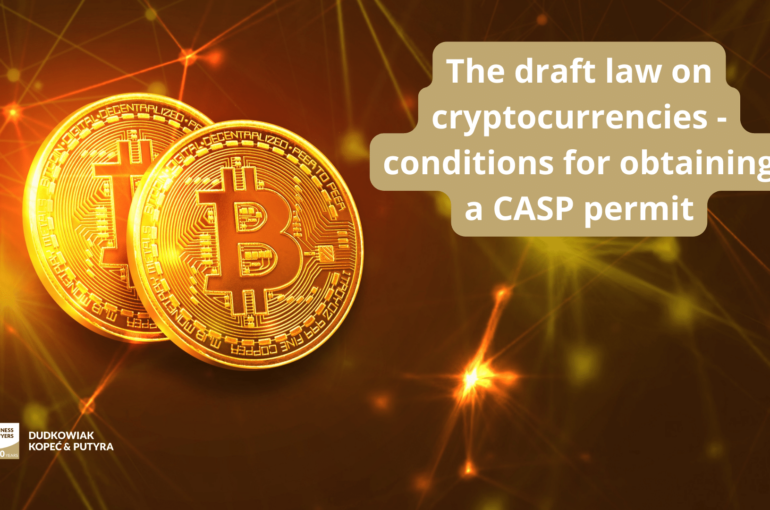MiCA – EU Regulation on crypto assets preliminarily agreed
During the last week of June 2022, the Presidency of the Council of the European Union and the European Parliament reached a preliminary agreement on the wording of the Regulation of the European Parliament and the Council on Markets in Crypto-assets and amending Directive (EU) 2019/1937 – which is called the MiCA regulation. MiCA is planned to be the first attempt to comprehensively regulate the issue of crypto assets and their use on the market.
Digital Finance Package
The European Commission first introduced the MiCA proposal on 24 September 2020. MiCA constitutes a part of the so-called Digital Finance Package aimed at developing technological safety, financial stability, and consumer protection. Apart from MiCA, the DFP package contains:
- digital finance strategy,
- Digital Operational Resilience Act (DORA),
- proposal on distributed ledger technology (DLT) pilot regime.
Crypto-related definitions
MiCA introduced its definitions of the most significant aspects of crypto assets activity, including the definitions of:
- crypto-assets,
- multiple token types,
- issuer of crypto-assets,
- crypto-asset service provider,
- crypto-asset services types,
Regulated crypto services
What’s crucial, the entities providing crypto-asset services will be required to obtain a license under the local regulator (KNF for Poland). The regulated services include:
- custody and administration of crypto-assets on behalf of third parties,
- operation of a trading platform for crypto-assets,
- exchange of crypto-assets for fiat currency that is legal tender,
- exchange of crypto-assets for other crypto-assets,
- execution of orders for crypto-assets on behalf of third parties,
- placing of crypto-assets,
- reception and transmission of orders for crypto-assets on behalf of third parties,
- providing advice on crypto-assets.
Consequences for crypto exchange firms
In other words, MiCA will significantly affect the operations of cryptocurrency exchange firms. On the other hand, MiCA will enable such entities to benefit from the option for EU passporting of crypto-asset services, which means that Polish crypto-asset service providers will be authorized to provide their services in other EU member states.


